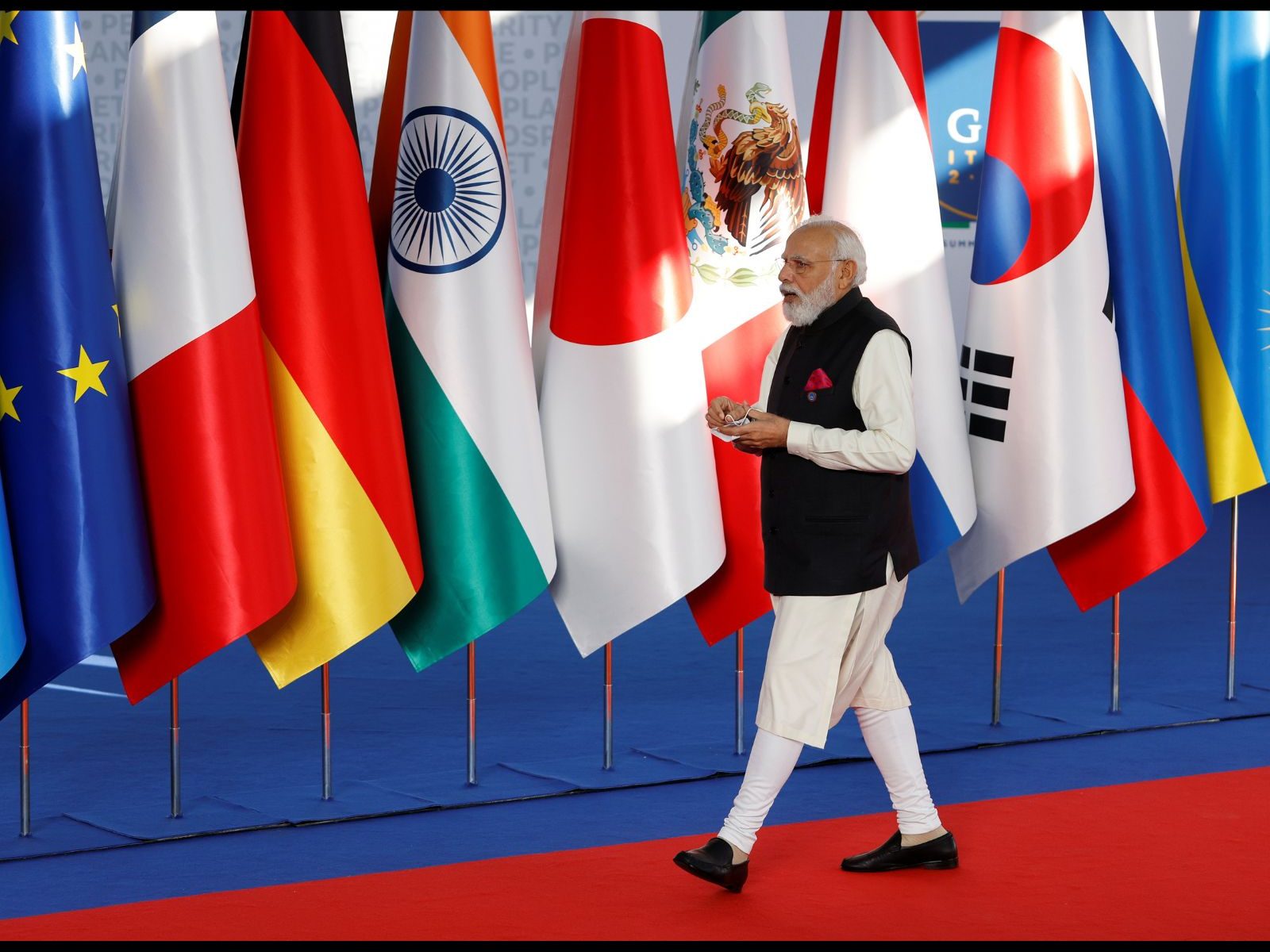India will host ‘The Voice of Global South’ Summit on January 12-13, Foreign Secretary Vinay Kwatra said. As many as 120 countries will participate in the summit. The virtual summit is significant as India currently holds the presidency of the G20 group and Prime Minister Narendra Modi had earlier indicated that priorities would be shaped in consultation with developing countries.
Buy Prime Test Series for all Banking, SSC, Insurance & other exams
Theme of The Voice of Global South Summit:
The ‘Voice of Global South Summit’ under the theme ‘Unity of Voice, Unity of Purpose’ envisages bringing together countries of the Global South to share their perspectives and priorities on a common platform.
More About The Summit:
The MEA said that the summit envisages ten sessions, four sessions on January 12 and six sessions on January 13. Each session is expected to witness the participation of leaders or ministers from 10-20 countries.
The inaugural and concluding sessions would be at the head of state or government level and hosted by the Prime Minister. The theme of the Inaugural Leaders’ session is ‘Voice of Global South – for Human-Centric Development’ and that of the Concluding Leaders’ session is ‘Unity of Voice -Unity of Purpose’.
Eight ministerial sessions on the following themes:
• Finance Ministers’ session on ‘Financing People-Centric Development’
• Environment Ministers’ session on ‘Balancing Growth with Environment Friendly Lifestyles (LiFE)’
- Foreign Ministers’ session on ‘Priorities of the Global South – Ensuring a Conducive Environment’
• Energy Ministers’ session on ‘Energy Security and Development – Roadmap to Prosperity’
• Health Ministers’ session on ‘Cooperation to Build Resilient Healthcare Systems’
• Education Ministers session on ‘Human Resource Development and Capacity Building’
• Commerce and Trade Ministers’ session on ‘Developing Synergies in the Global South – Trade, Technology, Tourism and Resources’
- Foreign Ministers’ session on ‘G-20: Suggestions for India’s Presidency’
What is Global North and Global South:
- ‘Global North’ refers loosely to countries like the US, Canada, Europe, Russia, Australia and New Zealand, while ‘Global South’ includes countries in Asia, Africa and South America. This classification is more accurate as the countries share similarities in terms of wealth, indicators of education and healthcare, etc.
- Some of the South countries like India and China have emerged economically, in the last few decades. The progress achieved by many Asian countries is also seen as challenging the idea that the North is the ideal.
The Global South and Geo-economics:
- The South is actively pursuing geo-economics and the fear of the U.S. strategy of freezing dollar reserves has made the South cautious.
- The recent announcement by the U.S of its trade policies of ‘re-shoring’ and ‘friend-shoring’ — meaning trade between allies.
- It has gradually led the south to find ways of bypassing the dollar in bilateral trade by using local currencies.
- Currency swap arrangements are used by China and Association of Southeast Asian Nations (ASEAN) + 3 countries; India with Russia and 23 other countries.
India As the Voice of Global South:
Championing the Global South today would demand more active Indian engagement with the messy regional politics within the developing world.
- India must also come to terms with the fact that the Global South is not a coherent group and does not have a single shared agenda. There is much differentiation within the South today in terms of wealth and power, needs and capabilities. This demands a tailored Indian policy to different regions and groups of the developing world.
- India is eager to become a bridge between the North and the South by focusing on practical outcomes rather than returning to old ideological battles. If India can translate this ambition into effective policy, there will be no contradiction between the simultaneous pursuit of universal and particular goals.




 India’s Core Sector Growth Slows to 4% i...
India’s Core Sector Growth Slows to 4% i...
 ICICI’s New Swasthya Pension Scheme: A S...
ICICI’s New Swasthya Pension Scheme: A S...









